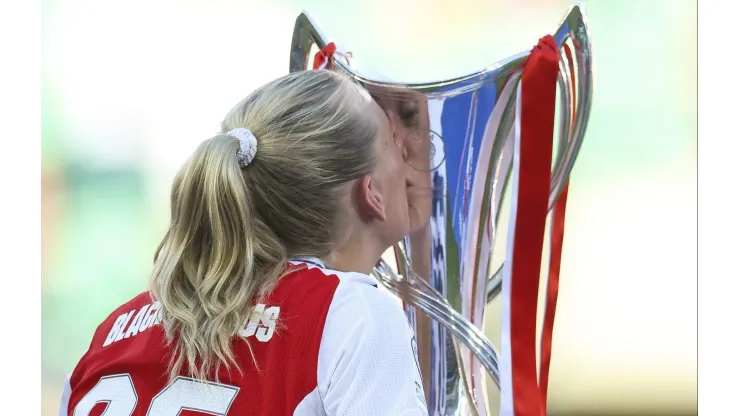
The Women’s Champions League is set for another thrilling edition as Europe’s top clubs chase the most prestigious trophy in women’s football. Last season, Arsenal shocked the continent by defeating favorites Barcelona in the final, securing their first title since 2007. With the competition evolving and a new format expected to be introduced, attention turns once again to the perennial contenders.
Lyon: The Historic Giant
No club has dominated the Women’s Champions League like Olympique Lyonnais, with eight titles (2011, 2012, 2016–2020, 2022). Fresh off another French championship and boosted by reinforcements, Lyon remain a benchmark in European football. Their pedigree and consistency make them one of the strongest candidates for another run.
Barcelona: Seeking Redemption
Barcelona enters 2025/26 aiming to reclaim its European crown after falling short in the last final. The Catalan giants have been the most consistent team of the last decade, with three titles (2021, 2023, 2024) and five consecutive finals. With Alexia Putellas still leading the project and a squad filled with world-class talent, Barça is once again among the biggest favorites.
Chelsea: England’s Powerhouse
After sweeping every domestic trophy in the 2024/25 season, Chelsea returns to the Champions League determined to go further. Their best European campaign came in 2021, when they were runners-up to Barcelona. With momentum from their dominance in England, Emma Hayes’ side is confident of another deep run.
Arsenal: The Defending Champions
Last season’s surprise winners, Arsenal, showed resilience and tactical brilliance to lift the trophy. With renewed belief and a historic triumph behind them, the Gunners will defend their crown while balancing the expectations of being reigning champions for the first time in nearly two decades.
A Tournament in Transition
The Women’s Champions League has seen 24 editions so far, beginning with 72 teams in the playoffs and narrowing to a 16-club group stage. However, starting with the upcoming seasons, UEFA plans to adopt a league stage format, mirroring the men’s competition. This shift promises even greater visibility and competitiveness for the women’s game.
As the new campaign approaches, Lyon’s legacy, Barcelona’s consistency, Chelsea’s momentum, and Arsenal’s defending title make for a wide-open race ensuring another unforgettable season in European women’s football.

Siara Costa is a football editor and writer covering both European men’s and women’s football, with a focus on league competitions, match coverage, and in-depth storytelling.



